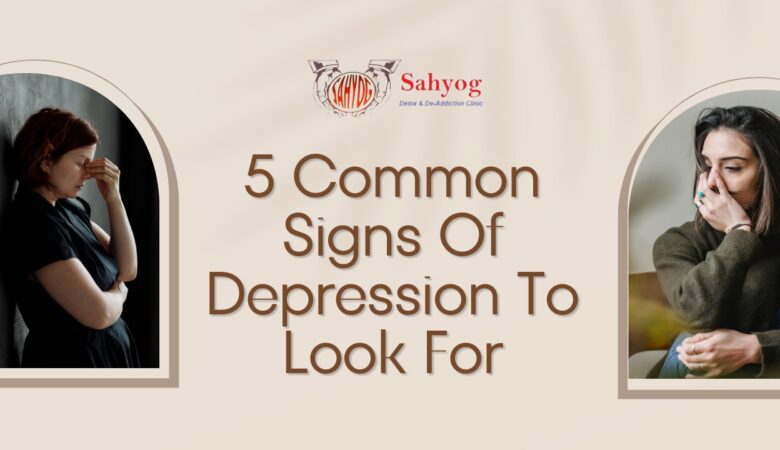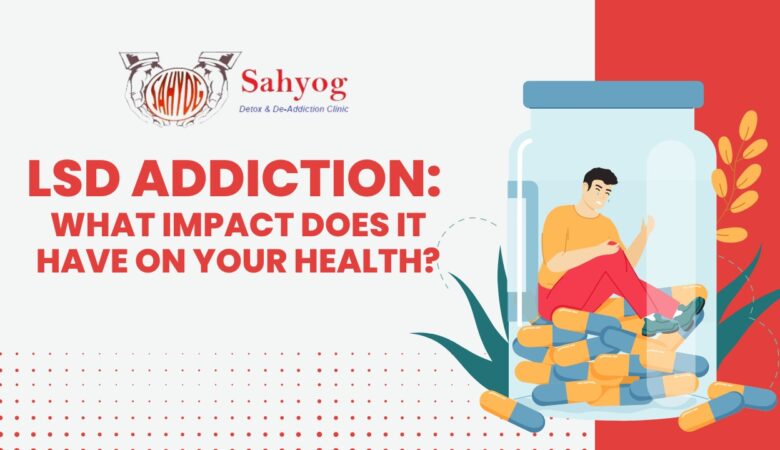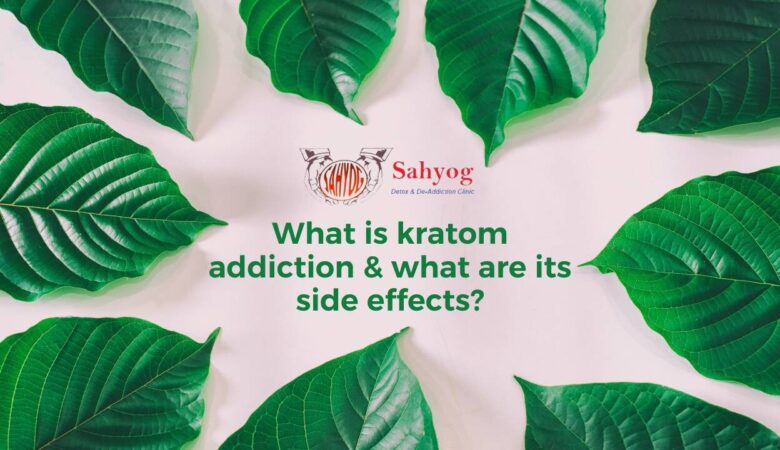How Nurses Suffer from Mental Health Problems in Hospitals
Introduction Nurses are the backbone of the hospital system. They are the ones who provide care to patients and make sure they are comfortable. However, what many people don’t realize is that nurses also suffer from mental health problems. They have to deal with death, illness, and suffering daily. Studies have shown that nurses have a higher rate of mental health problems than the general population. So what can be done to help them suffering from mental health problems? This blog post will explore some of the ways in which nurses can get help and how hospitals can support them. What are Mental Health Problems? Mental health problems are disorders that affect a person’s mood, thinking, and behavior. They can range from mild to severe and can interfere with a person’s ability to function at work, school, or home. Some common mental health disorders include depression, anxiety, bipolar disorder, and schizophrenia. If left untreated, mental health disorders can lead to serious problems, such as substance abuse, self-injury, and even suicide. How Nurses Suffer From Mental Health Problems in Hospitals It’s no secret that nurses are under a lot of stress. They work long hours, often in high-pressure situations, and are constantly exposed to sick patients- all of which can take a serious toll on their mental health. Nurses are at a higher risk for developing depression, anxiety, and other mental health disorders than the general population. A study published in the Journal of Nursing Administration found that nearly one in four nurses suffer from some form of depression. Anxiety is another common problem for nurses. A study published in the International Journal of Nursing Studies found that nearly half of all nurses suffer from anxiety. The most common causes of anxiety among nurses are fear of making mistakes, fear of being unable to cope with the demands of the job, and fear of harming patients. Other mental health problems that are common among nurses include post-traumatic stress disorder (PTSD), burnout, and compassion fatigue. PTSD can develop after exposure to a traumatic event, such as a patient’s death or a violent attack. Burnout is characterized by feelings of inadequacy, exhaustion, and cynicism. Compassion fatigue is similar to burnout but also includes feelings of compassion towards others who are suffering. If you’re a nurse struggling with mental health problems, it’s important to seek help. Talk to your supervisor or contact a mental health professional for assistance. The Different Types of Mental Health Problems That Nurses Face Mental health problems in nurses is common, with up to one in five experiencing some form of mental illness. The most common mental health problems faced by nurses include anxiety, depression, and burnout. Anxiety disorders are the most common type of mental illness faced by nurses, with up to 20% suffering from an anxiety disorder. Anxiety can cause a variety of symptoms including nervousness, sweating, heart palpitations, and difficulty sleeping. For nurses, anxiety can be caused by a variety of factors including work-related stressors such as long hours, demanding patients, and exposure to potentially traumatic events. Depression is another common mental health problem faced by nurses, affecting up to 15% of the population. Depression can cause a range of symptoms including sadness, fatigue, changes in appetite or sleep patterns, and difficulty concentrating. For nurses, depression may be caused by work-related stressors such as long hours, demanding patients, and exposure to potentially traumatic events. Additionally, depression may also be exacerbated by the physical demands of the job such as standing for long periods or working odd hours. Burnout is a specific type of stress that can occur in response to work-related demands. Burnout is characterized by feelings of exhaustion, cynicism, and reduced productivity. For nurses, burnout may be caused by long hours, demanding patients, exposure to potentially traumatic events, or any number of other work-related stressors. The Causes of Mental Health Problems in Nurses There are several reasons why nurses may suffer from mental health problems. One of the most common is due to the high levels of stress that come with the job. Nurses are constantly under pressure to provide quality care for patients, often with limited resources. Another cause of mental issue among nurses is exposure to traumatic events. Nurses may witness or be exposed to traumatic events such as violence, death, and suffering regularly. This can lead to post-traumatic stress disorder (PTSD) and other conditions. Nurses also have a high risk of developing depression due to the nature of their work. They may deal with difficult patients, long hours, shift work, and little rest or time off – all of which can contribute to depression. Finally, some nurses may abuse alcohol or drugs as a way of coping with the demands of their job. This can lead to substance abuse disorders and further mental health problems. The Effects of Mental Health Problems on Nurses Mental health problems in nurses are common, with estimates suggesting that one in every three nurses suffers from some form of mental illness. The most common mental health problems among nurses are depression, anxiety, and substance abuse. The causes of mental health problems in nurses are diverse and include work-related stressors such as long hours, shift work, and exposure to traumatic events; personal stressors such as financial problems or relationship difficulties; and underlying mental health conditions such as bipolar disorder or post-traumatic stress disorder. The effects of mental health problems on nurses can be significant. Mental illness can lead to absenteeism, reduced productivity, errors in patient care, and in rare cases, even violence or suicide. If you are a nurse struggling with a mental health problem, it is important to seek help. There are many resources available to you, including employee assistance programs, counseling services, and support groups – you just need to seek them. How to Prevent Mental Health Problems in Nurses? Mental health problems are rampant among nurses in hospitals. To prevent these problems, nurses must be proactive in taking care of their mental health. Here are




